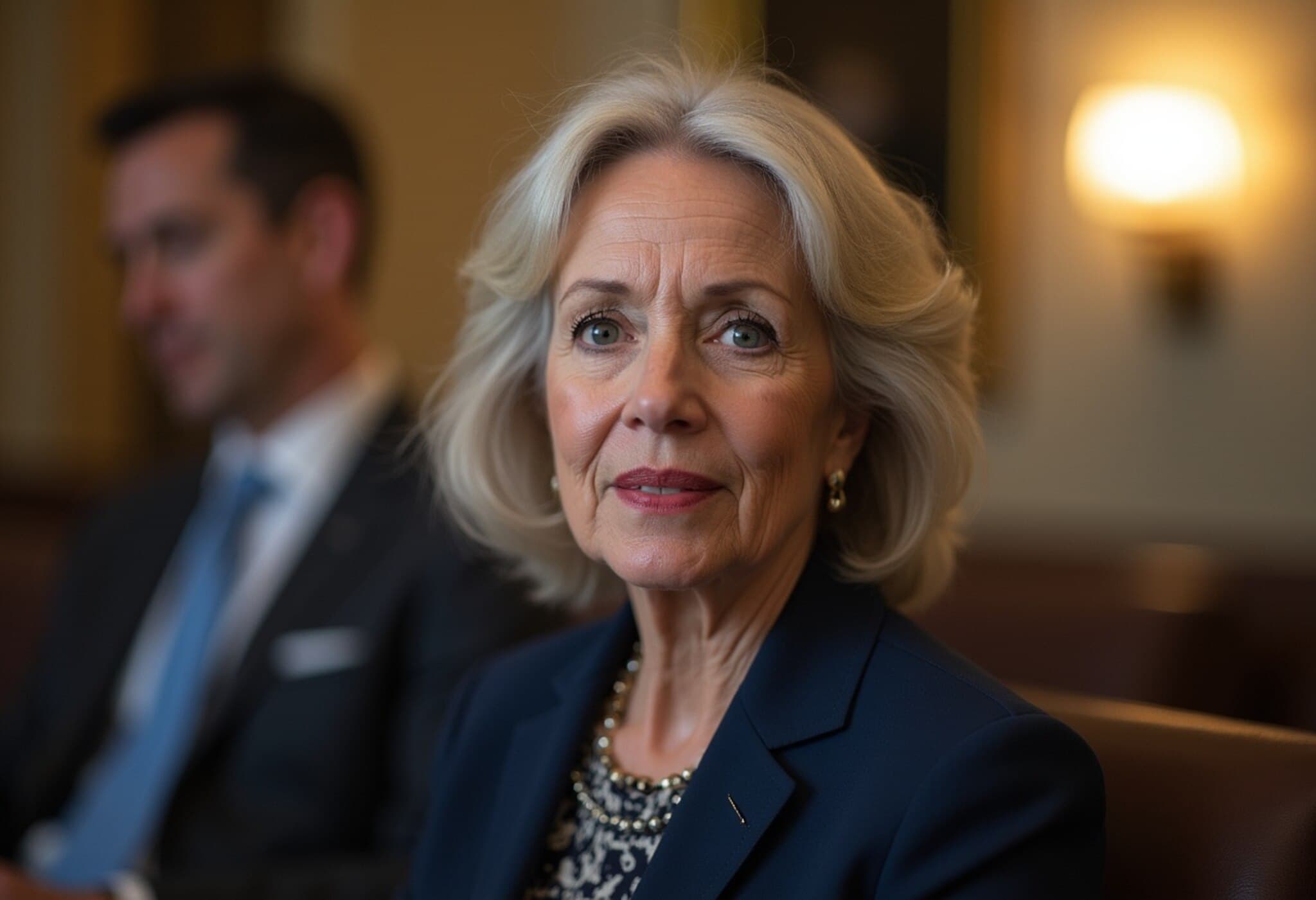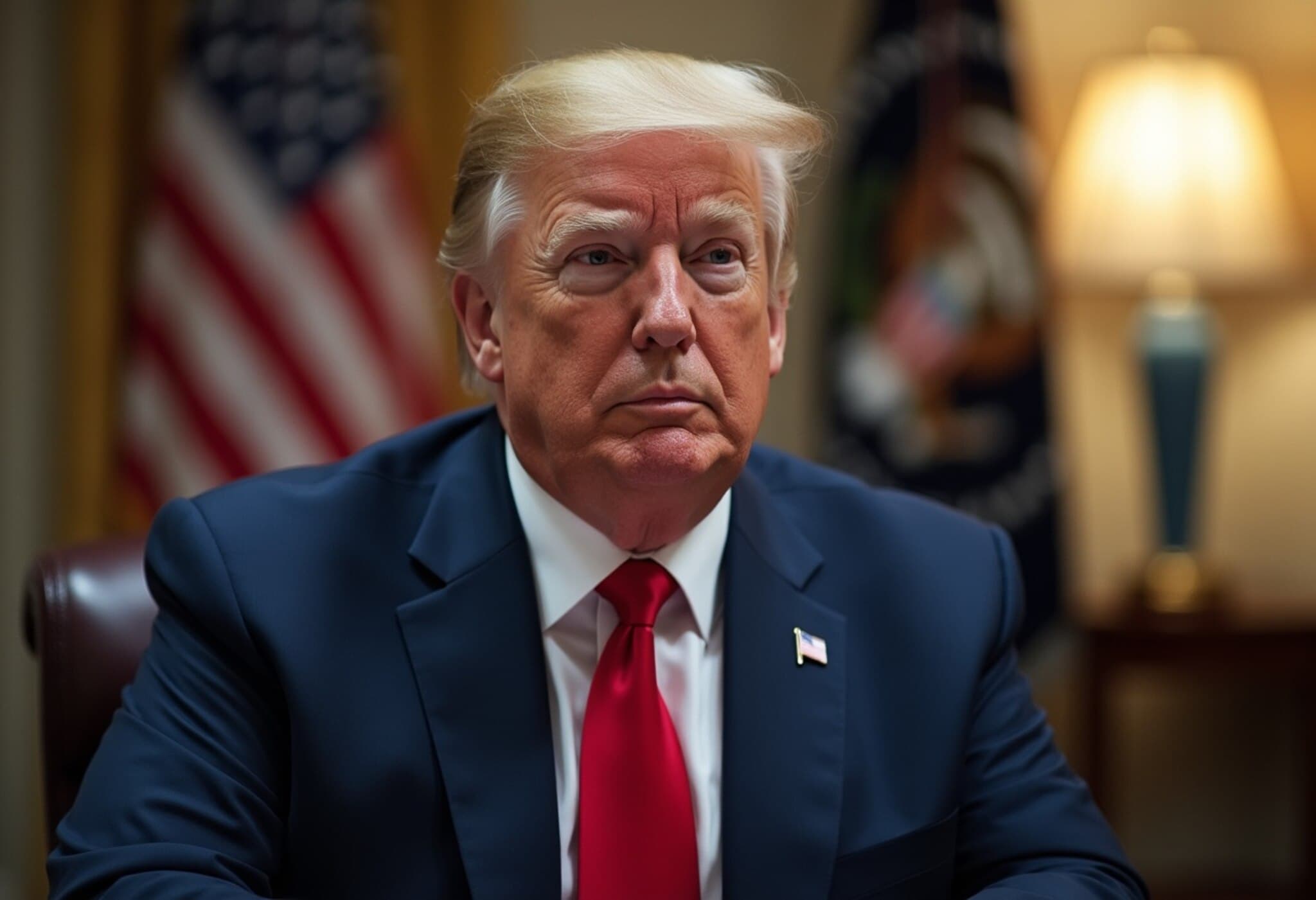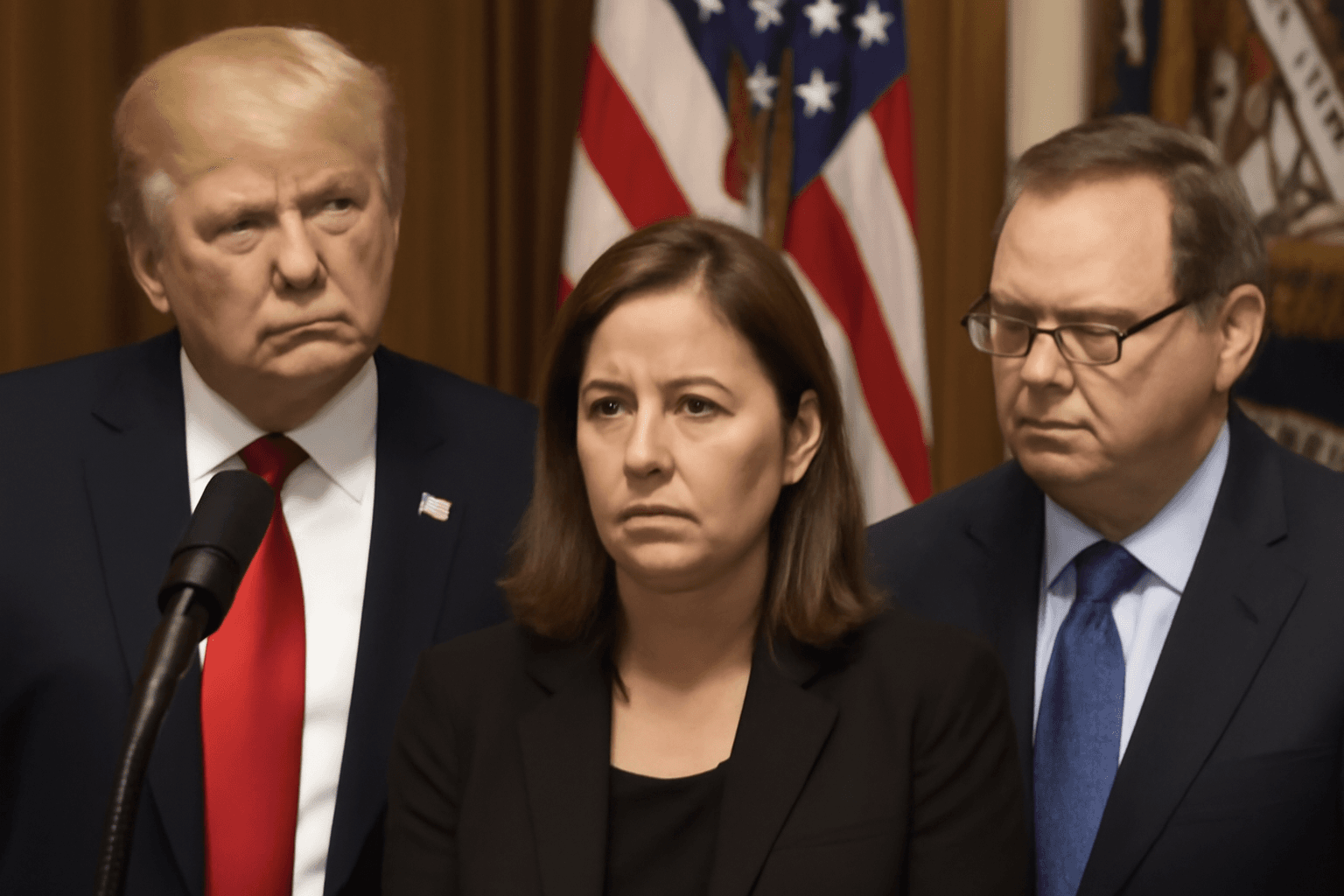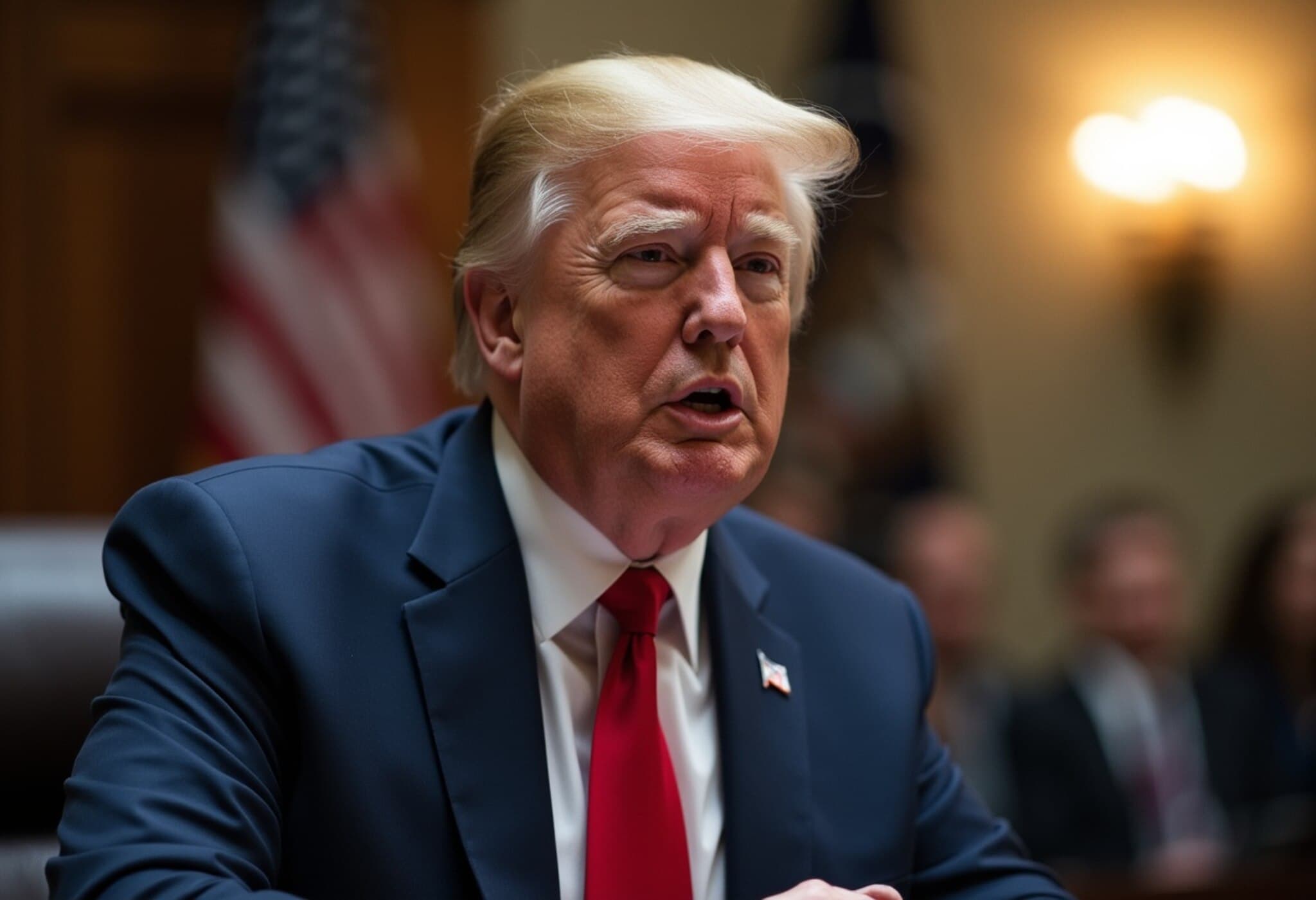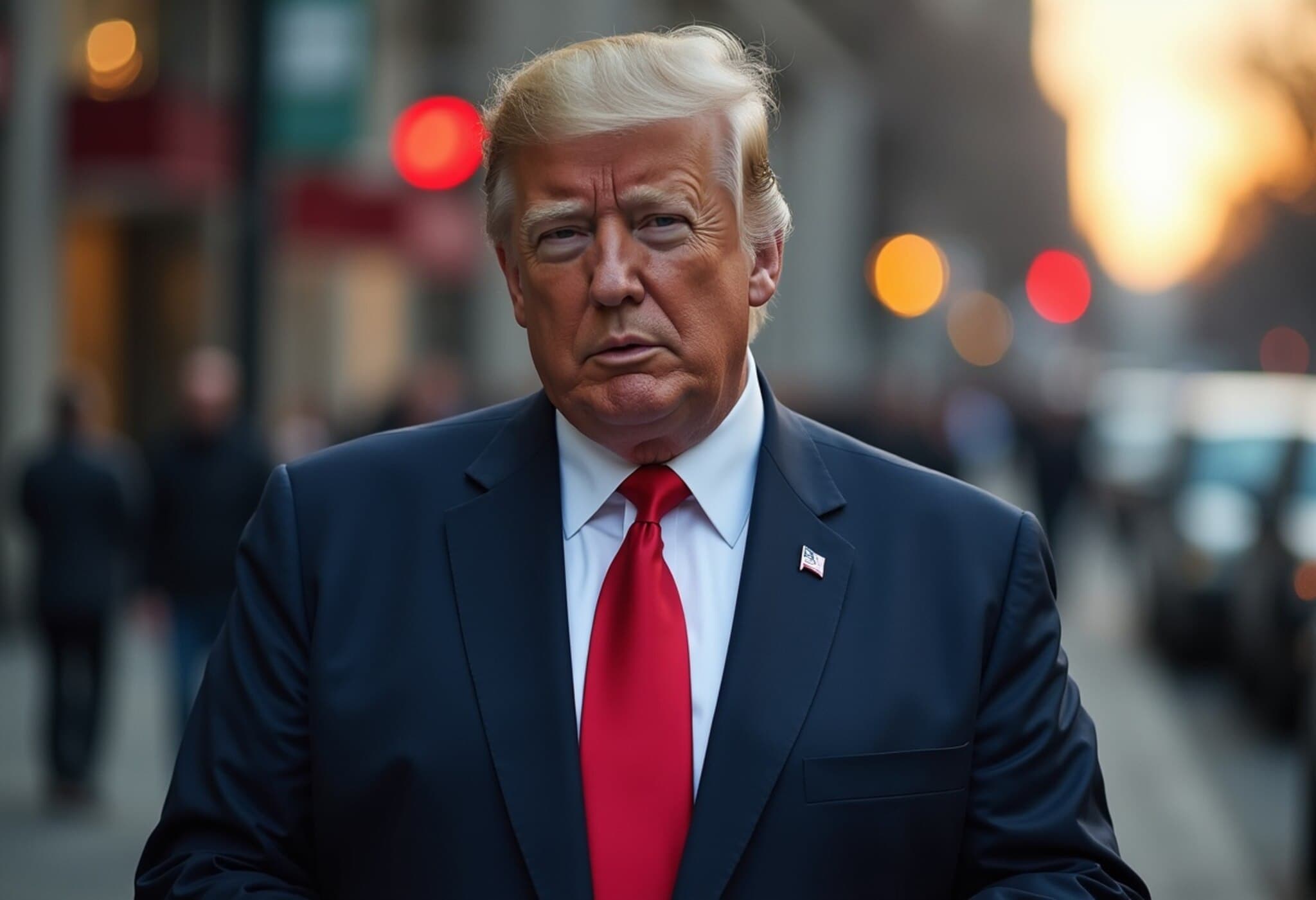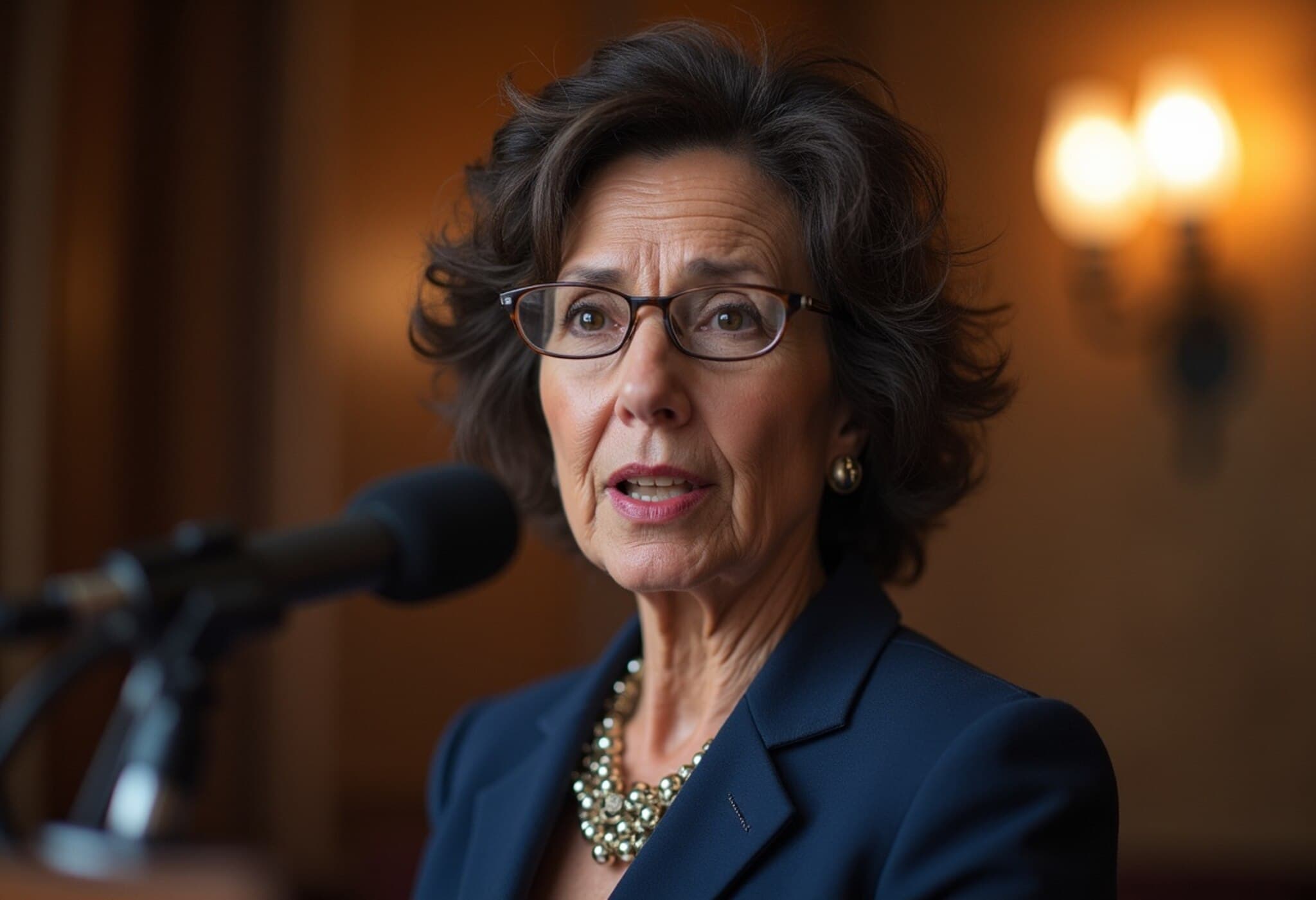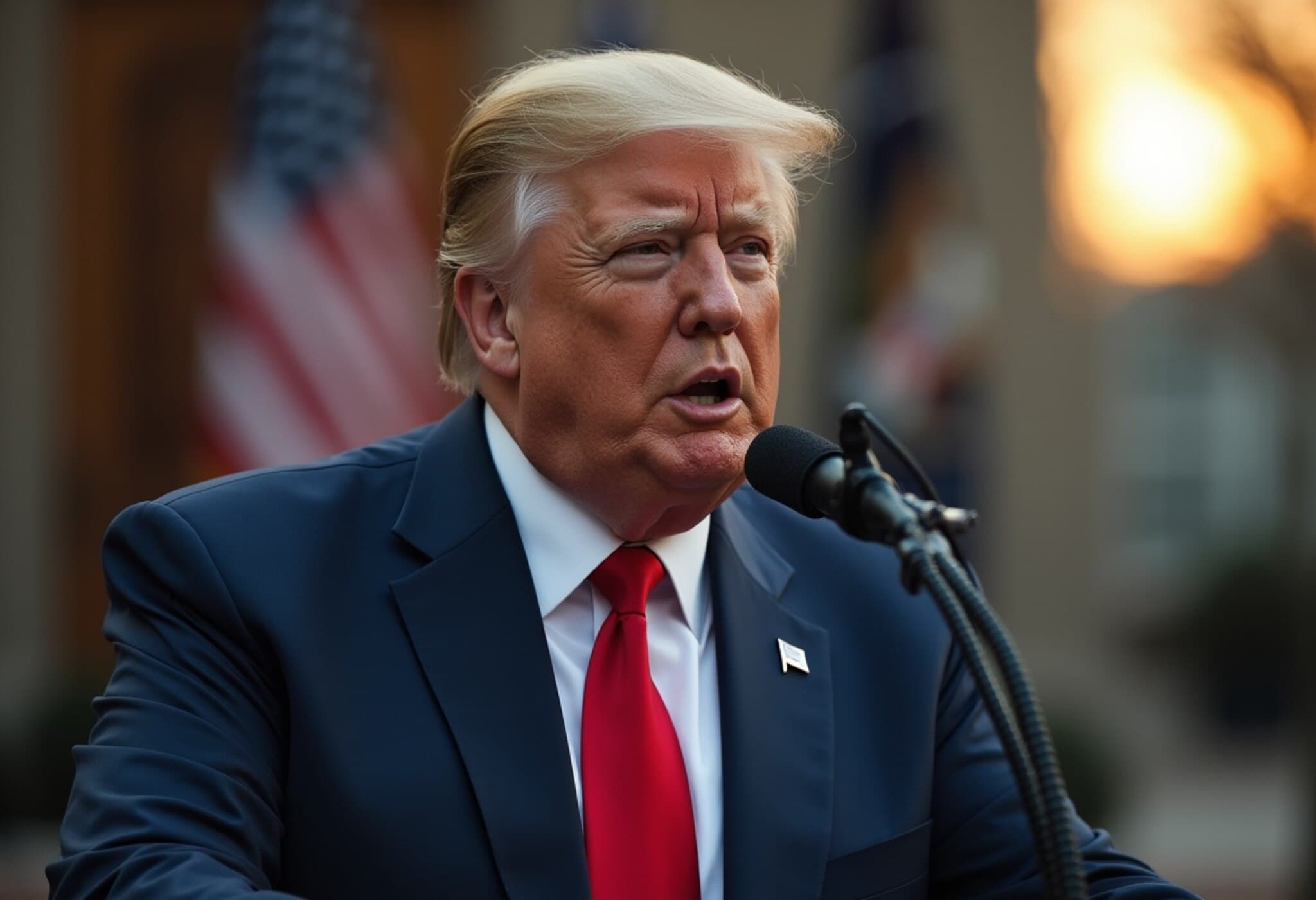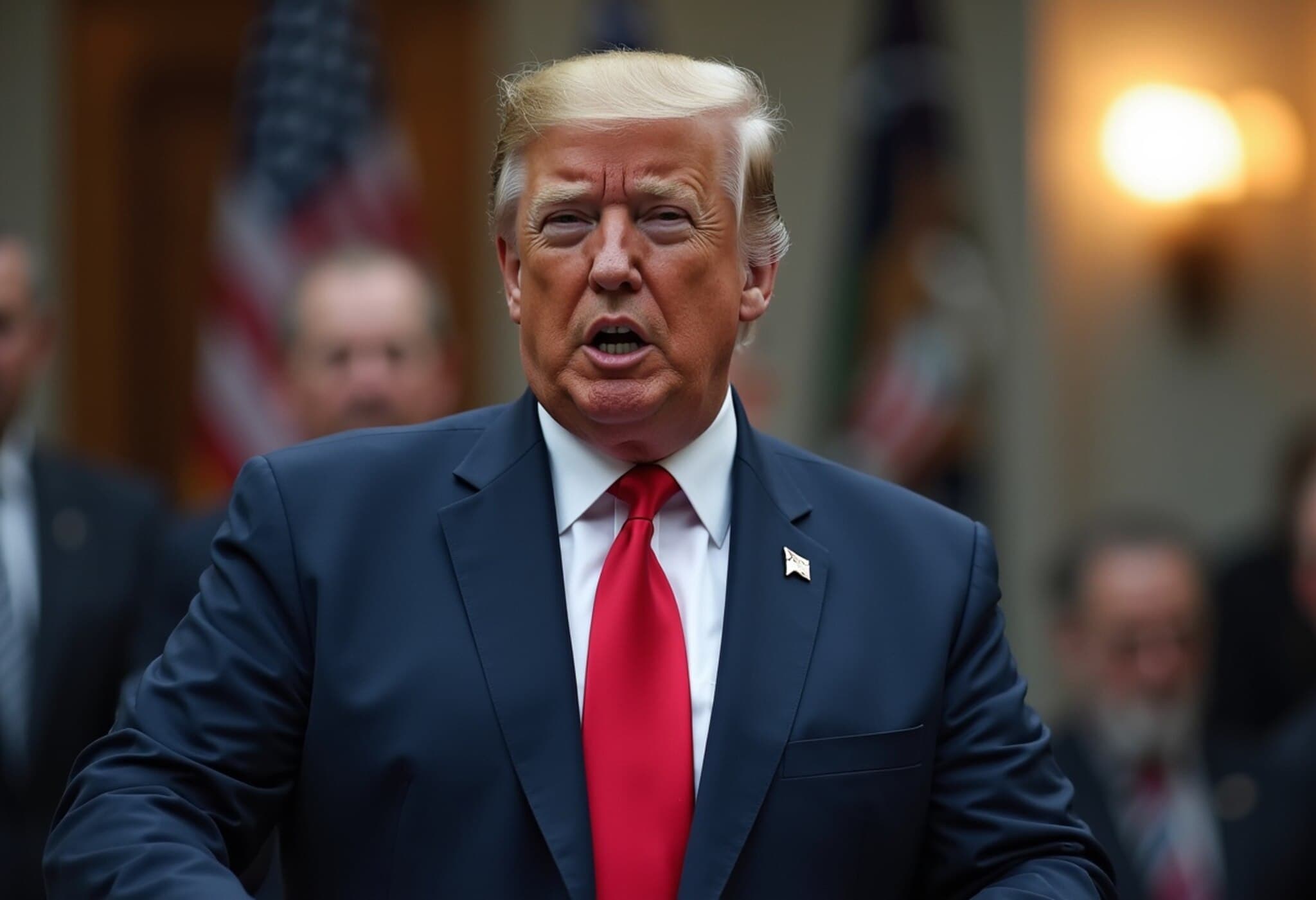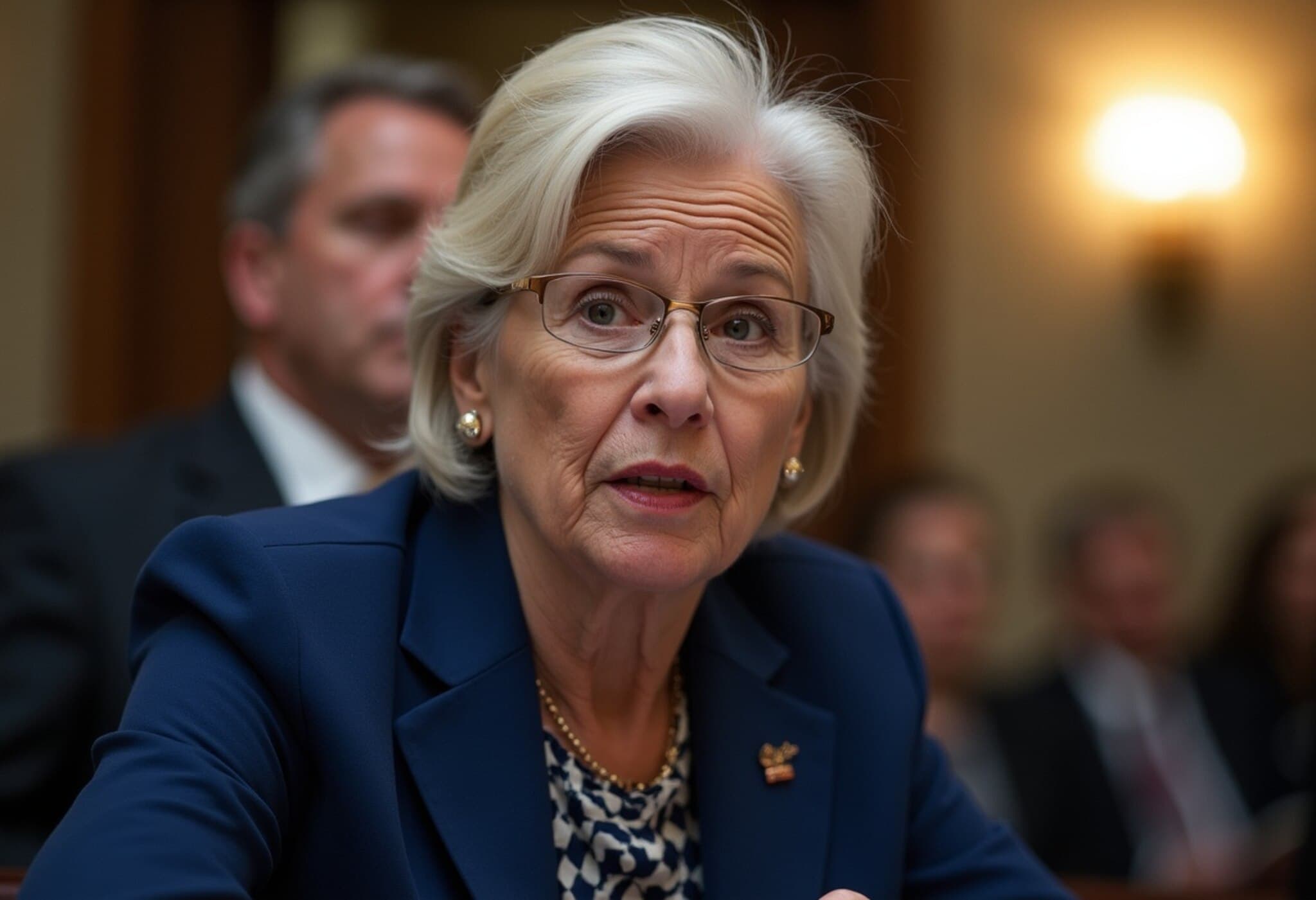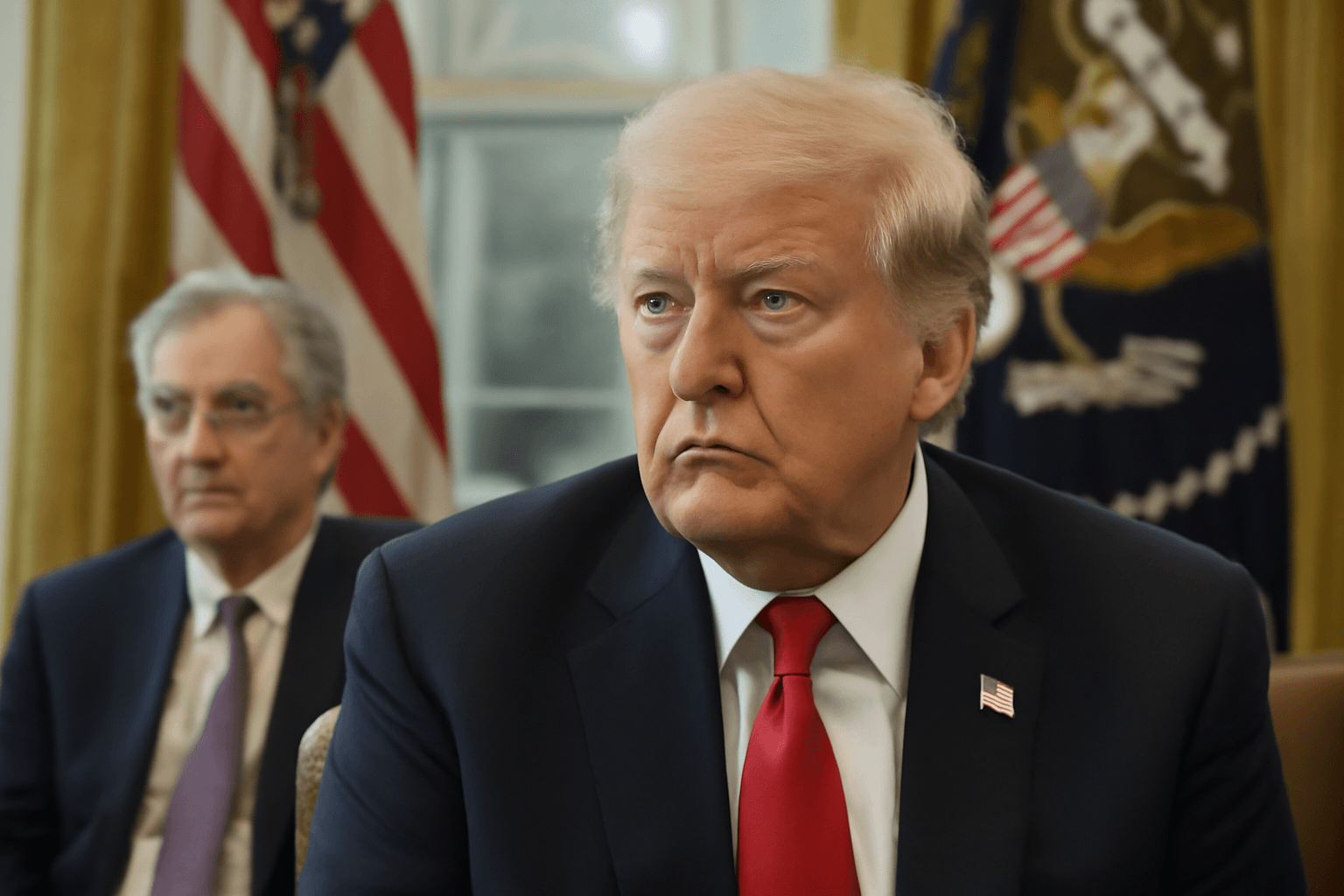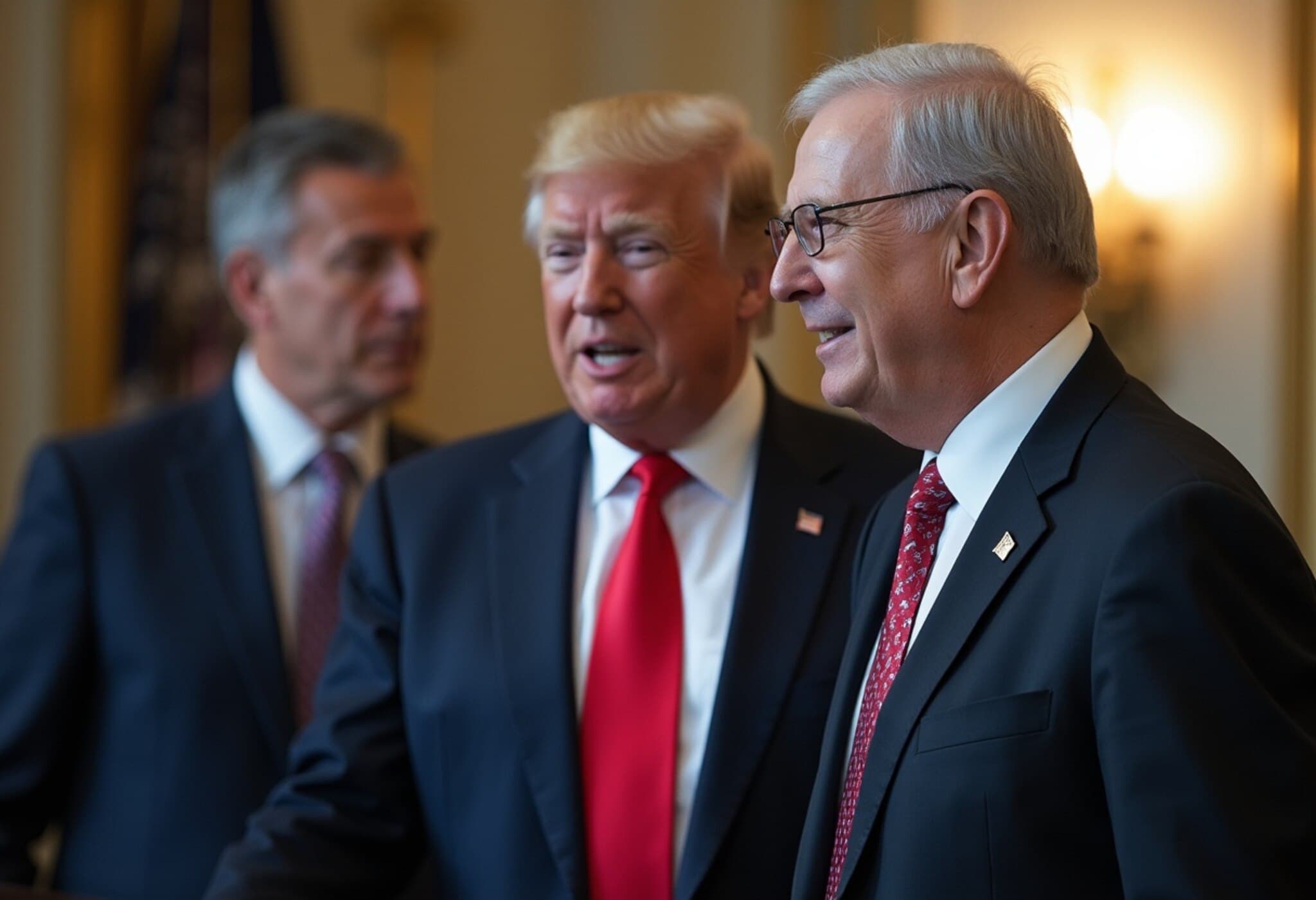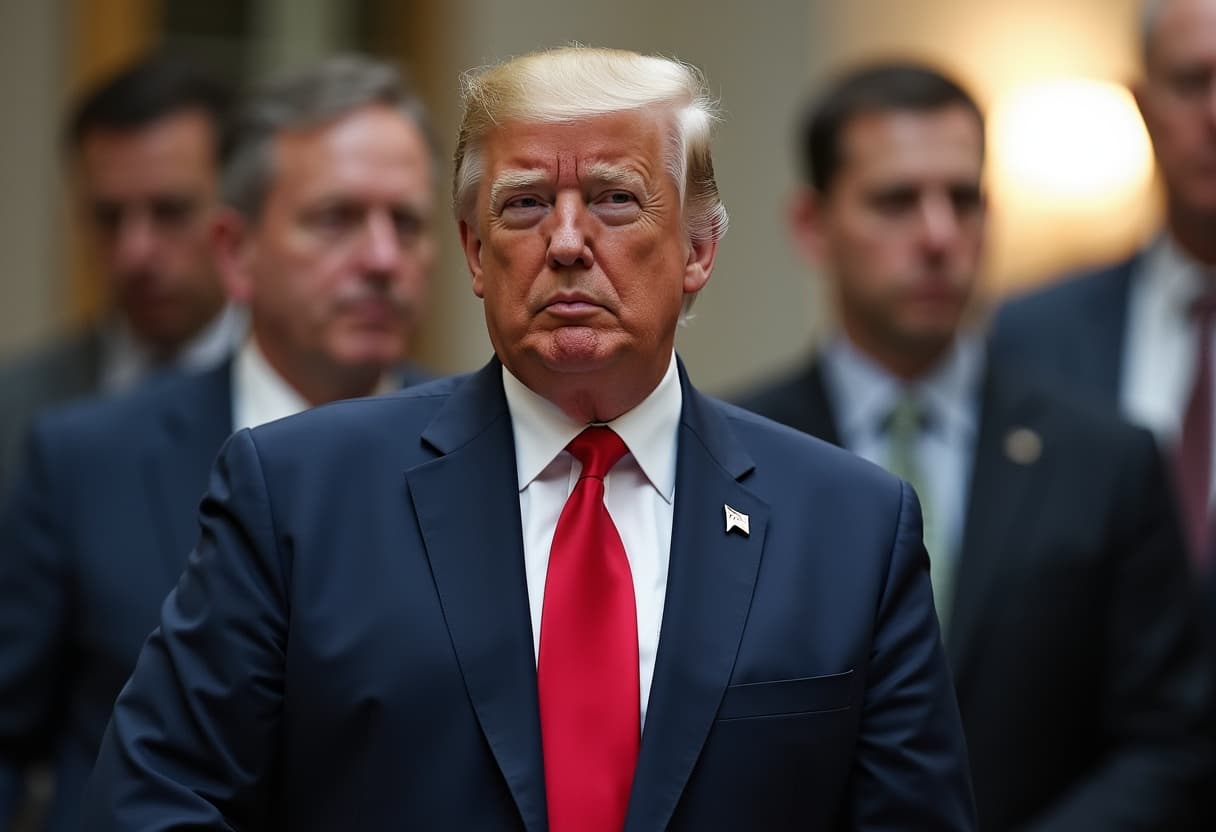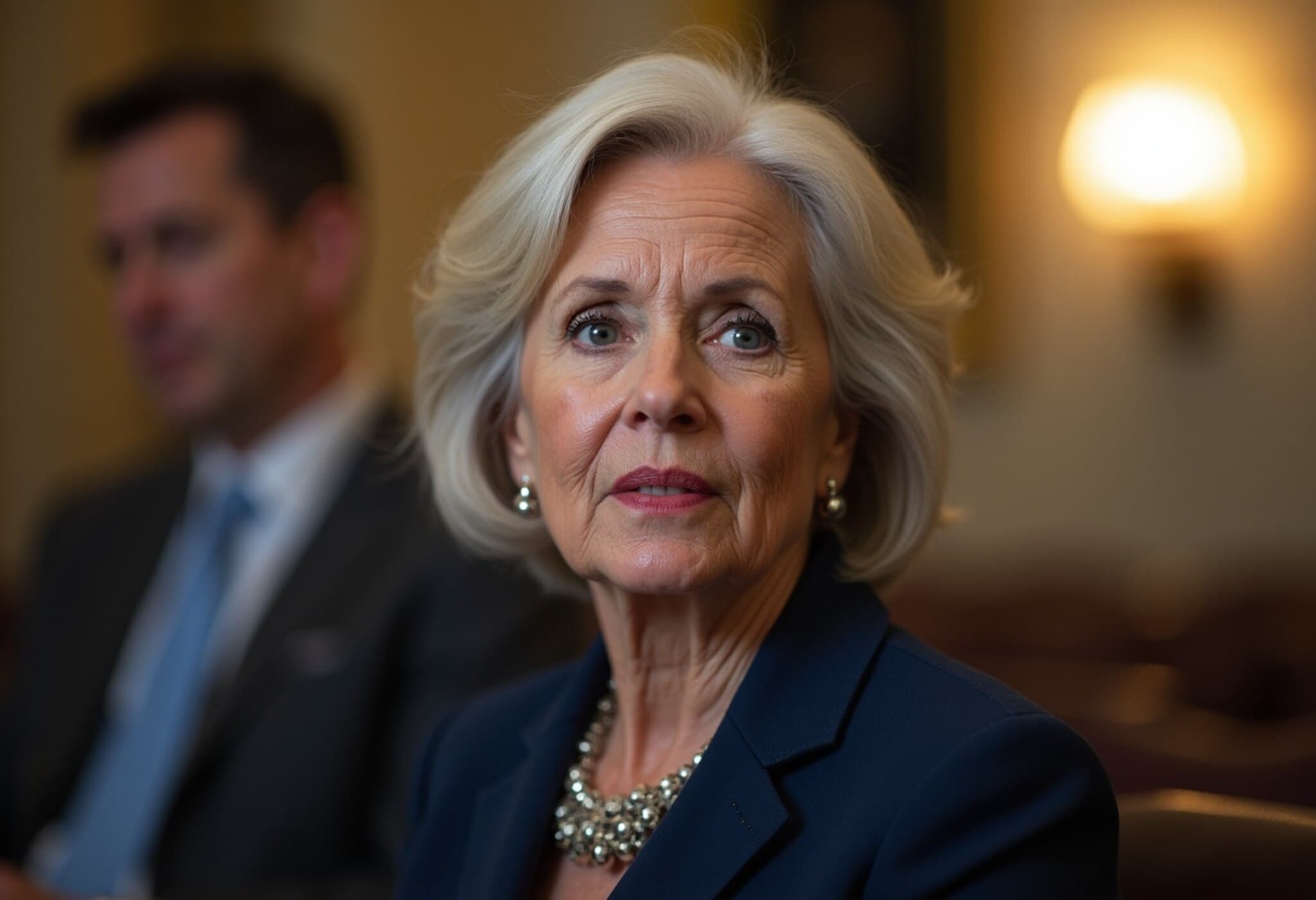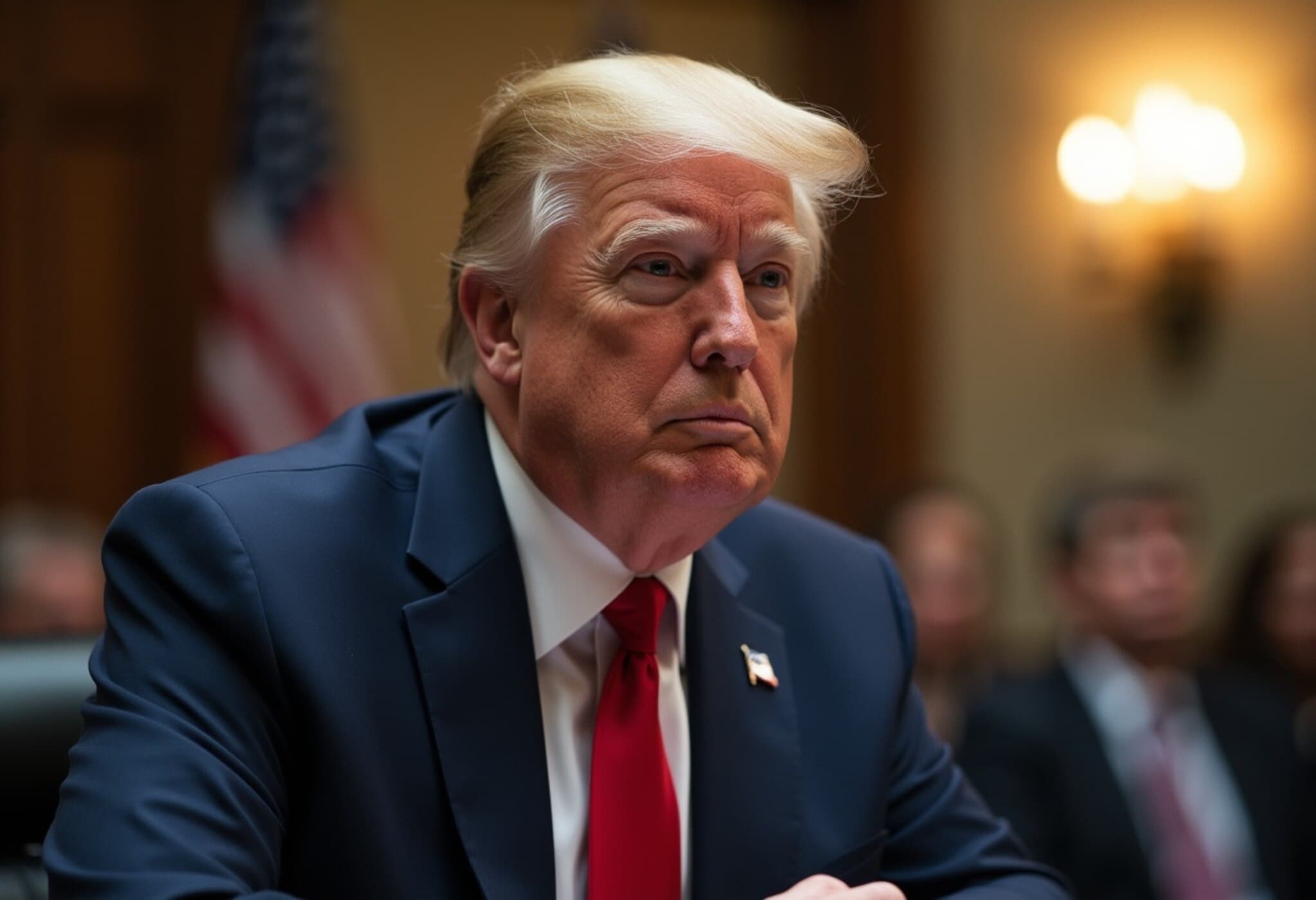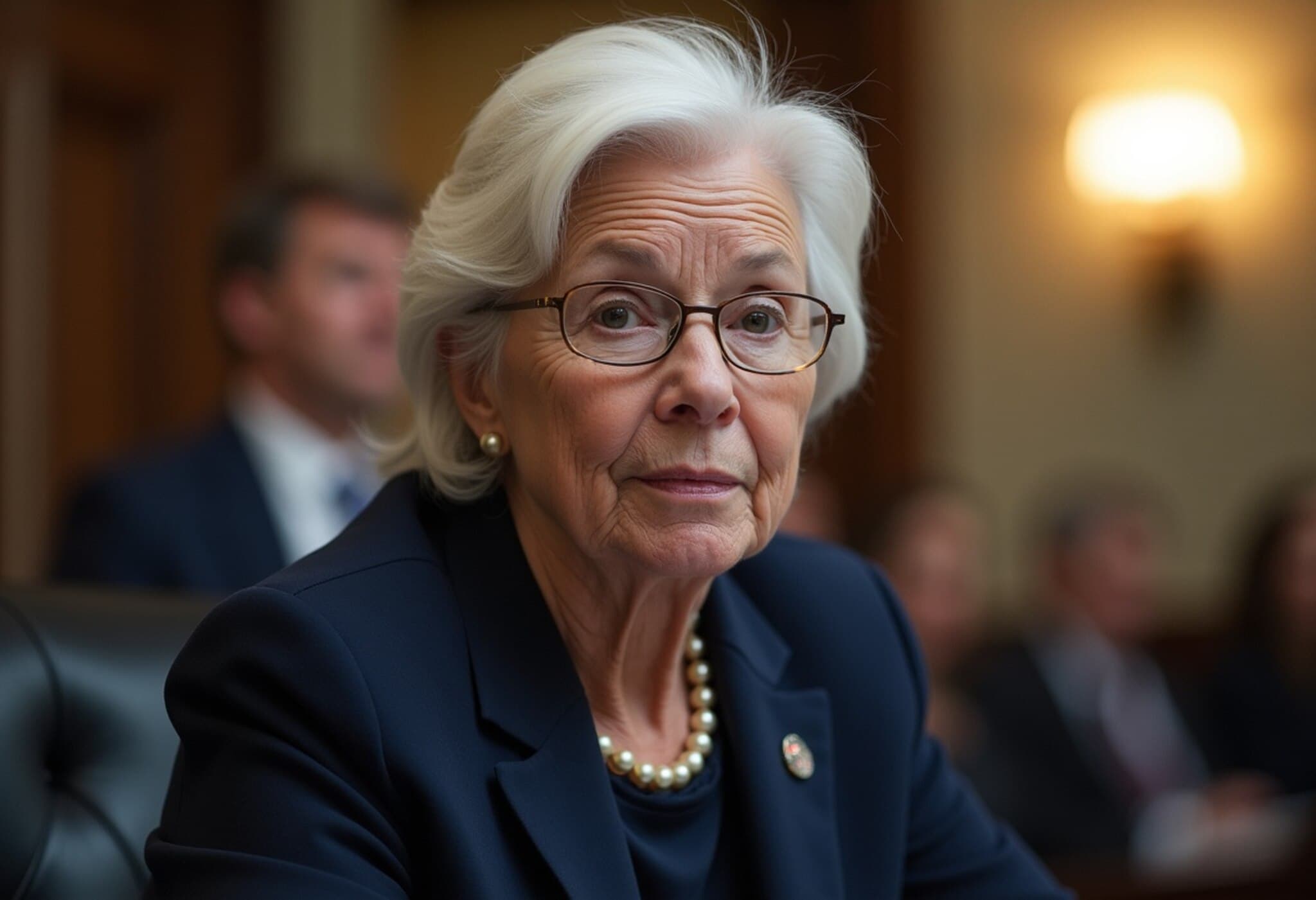Federal Court to Hear Lisa Cook’s Lawsuit Challenging Trump’s Attempted Removal
A federal judge has scheduled a hearing for Friday morning to address Federal Reserve Board Governor Lisa Cook's legal bid to block President Donald Trump’s effort to dismiss her from the central bank’s influential board. Cook filed the lawsuit earlier the same day, marking an unprecedented legal showdown over presidential authority and the independence of the nation’s monetary policymaking body.
Context Behind the Controversy
President Trump announced his intention to remove Cook on Monday, citing allegations that she committed mortgage fraud by claiming two properties as her primary residence in 2021 — prior to joining the Fed’s Board of Governors. However, these allegations have not led to any criminal charges or convictions.
Legal experts and critics argue that the president’s move threatens the Federal Reserve’s autonomy, which is vital to maintaining stable economic policy, particularly as the Board governs key interest rates that influence mortgage rates and broader credit markets.
Legal Framework and the Stakes at Hand
The Federal Reserve Act permits a president to remove a governor only “for cause”, specifying grounds such as inefficiency, neglect of duty, or malfeasance. Cook’s legal team contends that Trump’s justification is a “nakedly pretextual” attempt to undermine the Fed’s independence and push a political agenda.
Abbe Lowell, Cook’s attorney, emphasized in court filings that even if the mortgage allegations were accurate — which they are not — they do not meet the statutory threshold for cause, especially since the conduct occurred before Cook assumed office in 2022.
Judge Jia Cobb to Oversee High-Stakes Hearing
Judge Jia Cobb, a federal appointee nominated by President Joe Biden in 2021, has been assigned the case. The hearing on whether to grant Cook a temporary order blocking her removal is set for Friday at 10 a.m. ET.
Significance Beyond a Personnel Dispute
- Historic appointment: Cook is notably the first Black woman to serve on the Fed’s Board in over a century.
- Monetary policy independence: The case touches on the delicate balance between executive power and the Fed’s statutory insulation.
- Political backdrop: Trump has criticized Cook and other board members like Chairman Jerome Powell for not lowering interest rates as aggressively as he wants, framing the firing as a push for easier monetary policy.
Reactions and Broader Implications
The White House spokesman defended the dismissal, stating that Trump exercised his legal authority based on credible accusations of misrepresentation in financial documents. However, Cook’s legal team views this as an attempt to vacate a critical board seat using unsubstantiated claims.
The Department of Justice has opened an investigation into the mortgage allegations following a referral from Bill Pulte, director of the Federal Housing Finance Agency, and a vocal Trump ally. All parties have called for Cook’s swift resignation, though she has vowed to continue serving diligently.
If Cook is removed, Trump would be positioned to fill a majority of the seven-member board, potentially reshaping U.S. monetary policy with far-reaching economic consequences.
Expert Insight: What’s at Stake for Economic Governance?
This legal confrontation delves into the fundamental tension between presidential powers and the institutional independence designed to protect the Federal Reserve from political cycles. Economists warn that compromising the Fed’s autonomy could jeopardize investor confidence, increase market volatility, and complicate responses to inflation and financial crises.
Moreover, the case raises broader questions about precedent: How far can a president go in removing appointed officials from independent agencies? The outcome may redefine the limits of executive authority, with ripple effects across governance structures.
Looking Ahead
Friday’s hearing will be closely watched by legal experts, economists, and policymakers nationwide. The decision could influence not only Lisa Cook’s tenure but also the future framework of Federal Reserve governance and the separation of powers essential to U.S. democracy.
Editor's Note
This unfolding legal battle underscores the fragile balance between political influence and independent economic oversight. As the case progresses, key questions persist: To what extent should political considerations influence Federal Reserve appointments or removals? And how might this challenge alter public trust in the U.S. financial system? Readers are encouraged to follow updates closely, recognizing that the stakes extend far beyond one individual’s position to the stability of America’s economic foundations.

